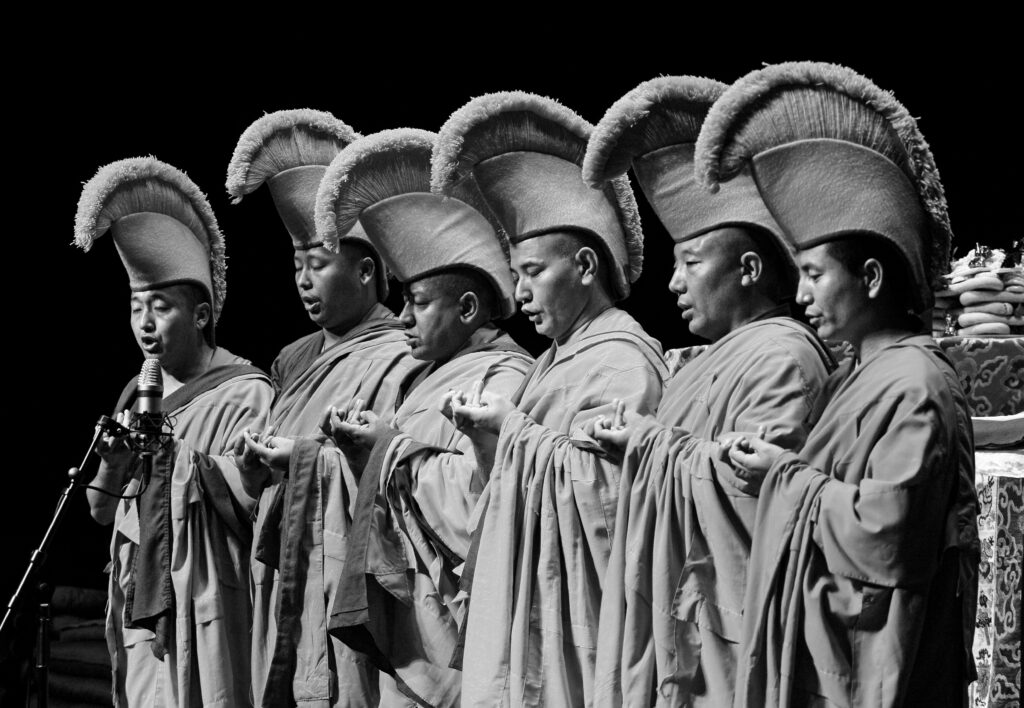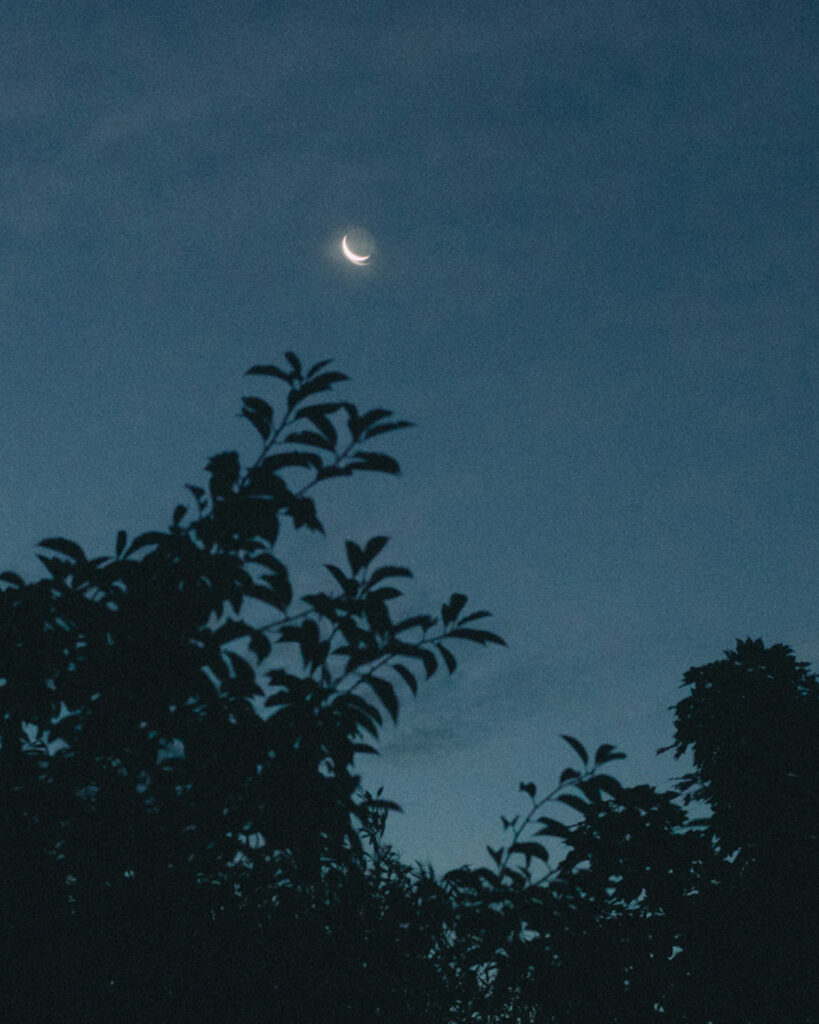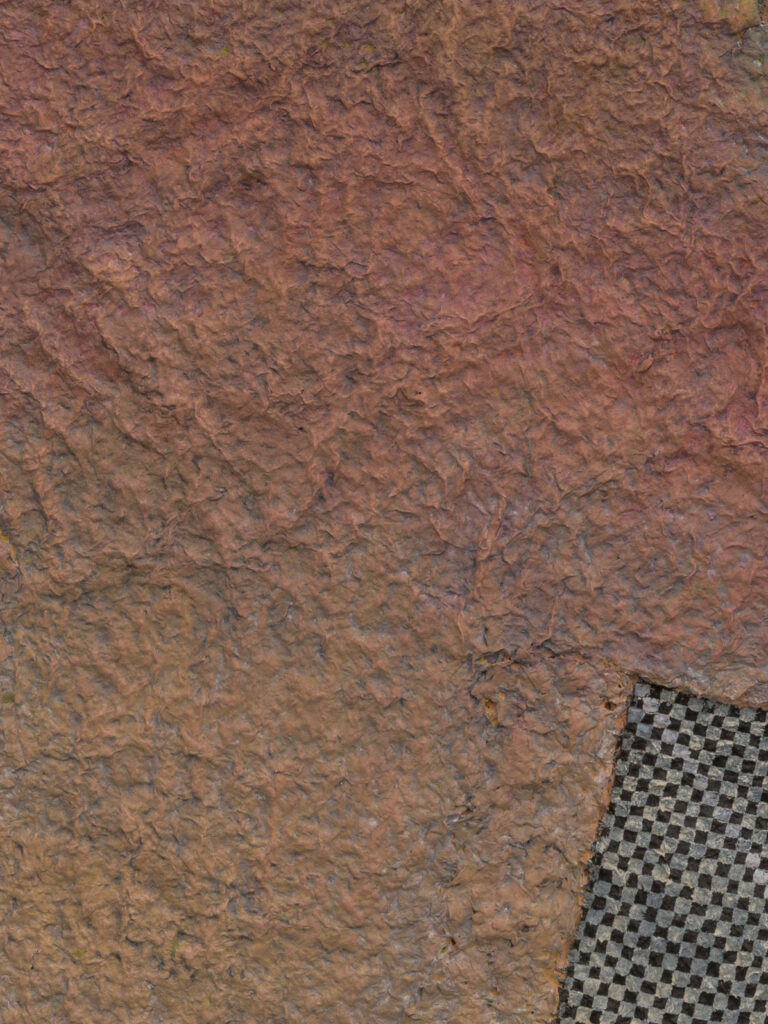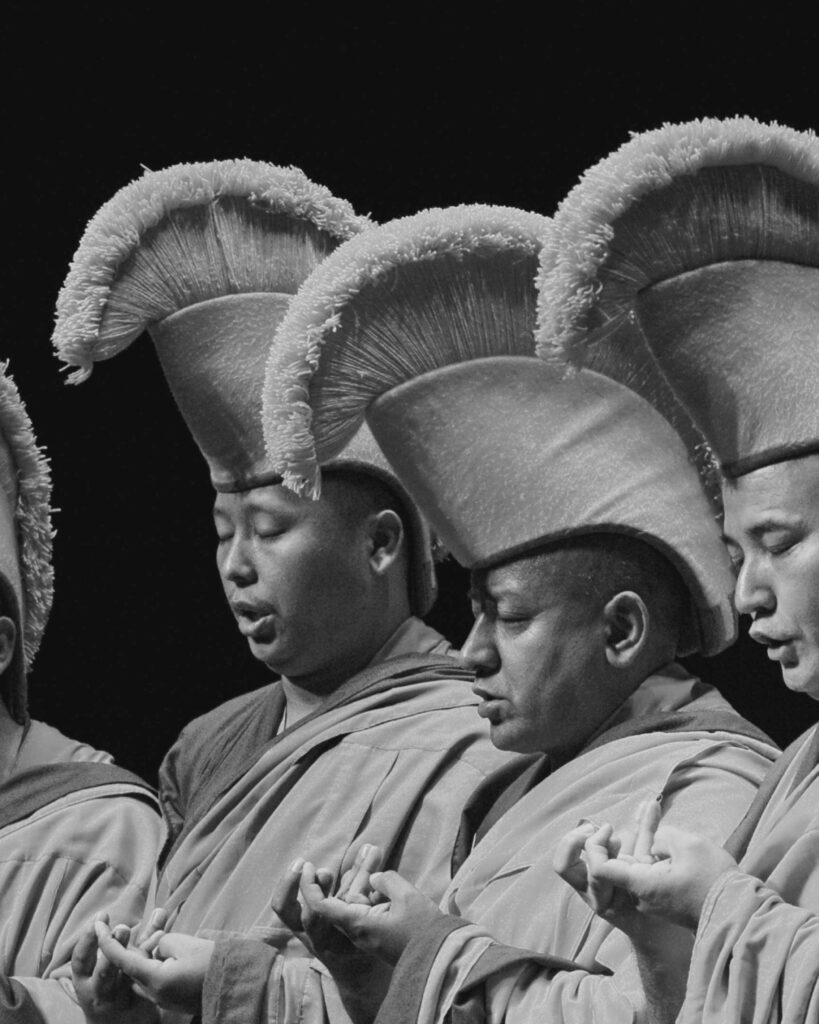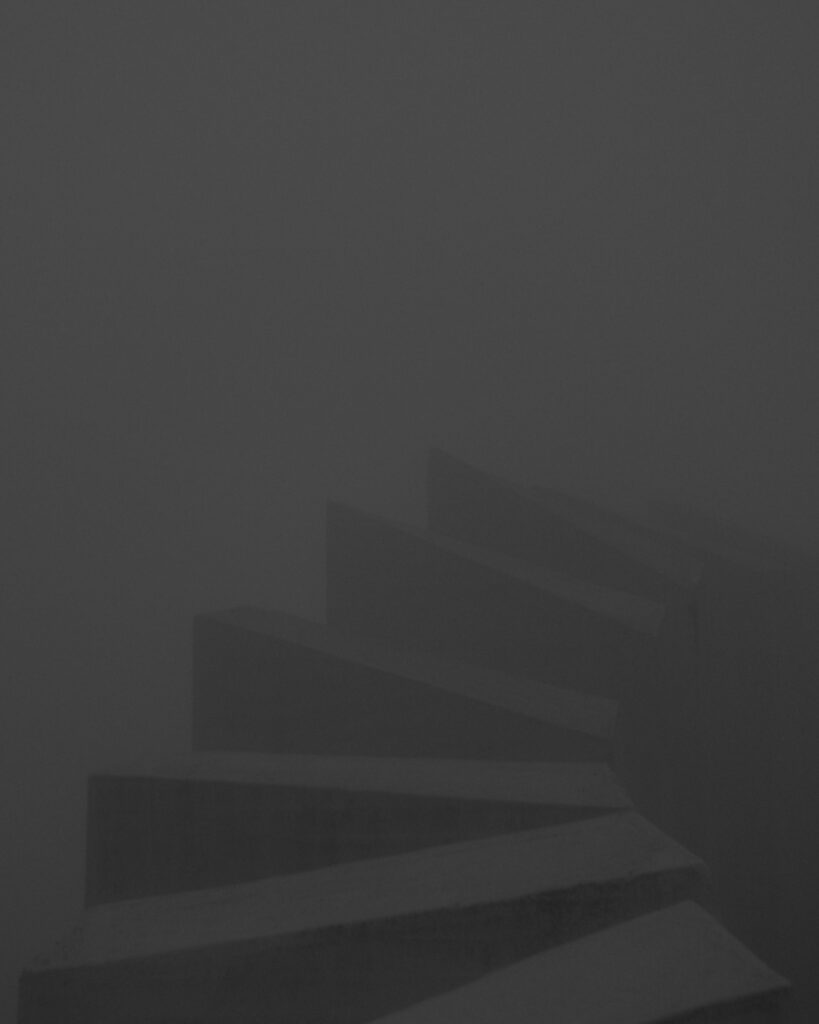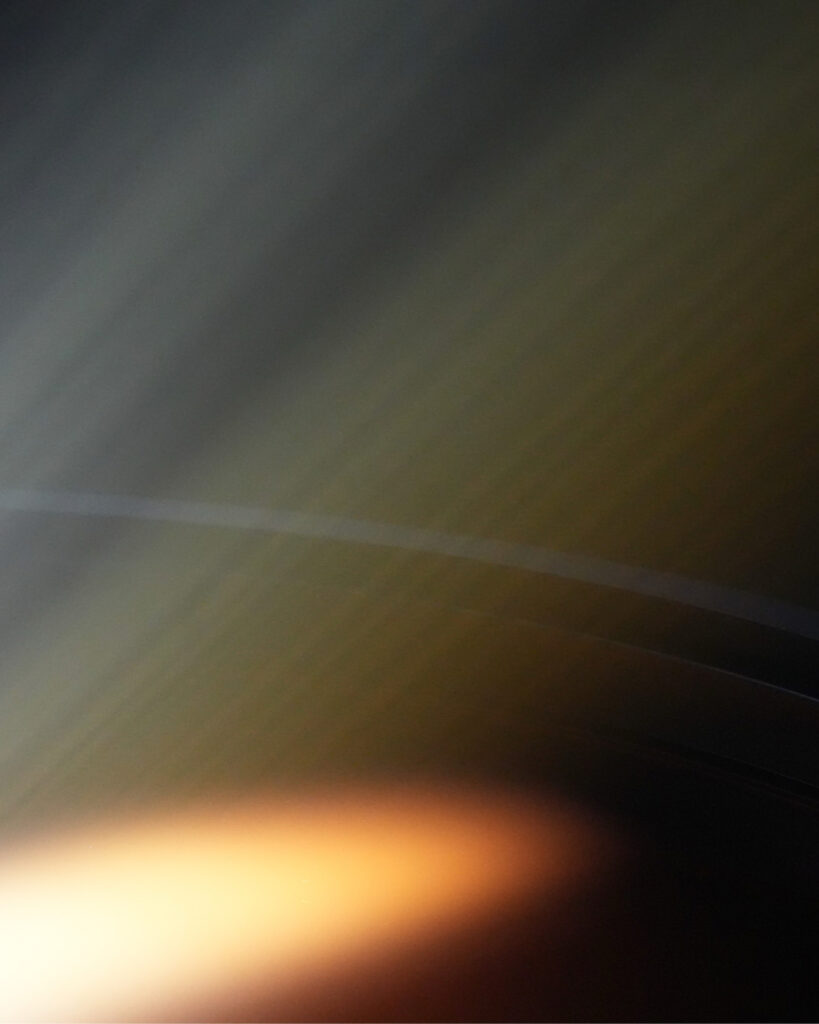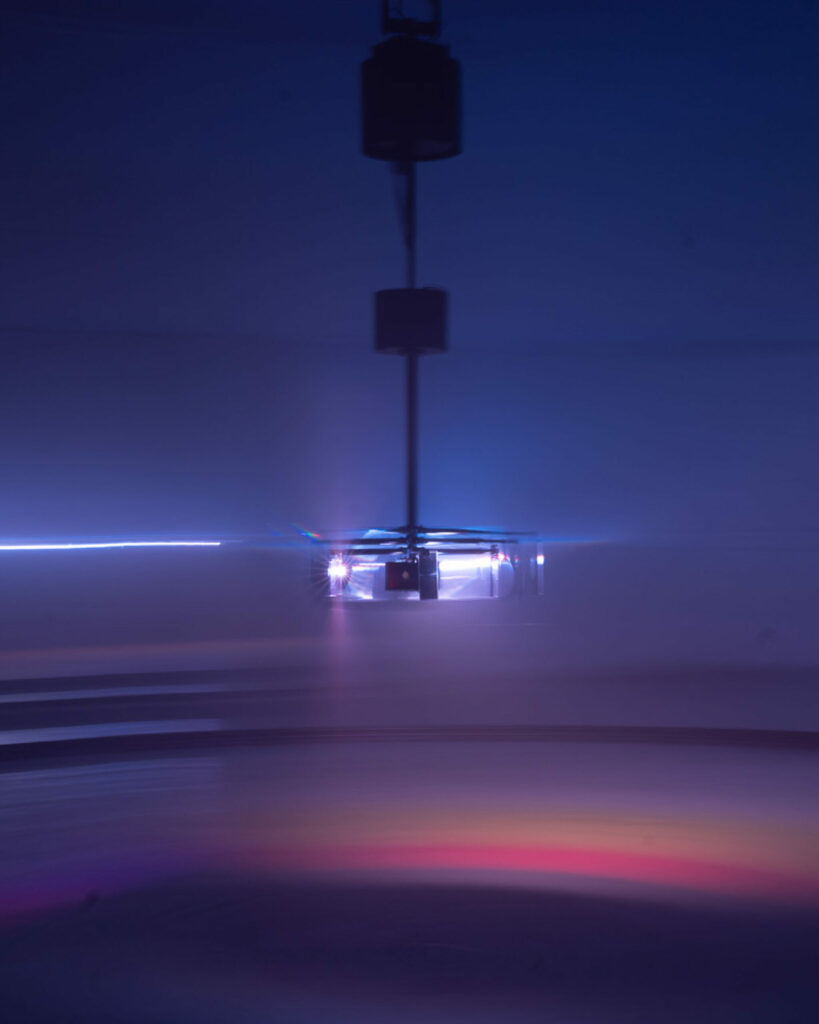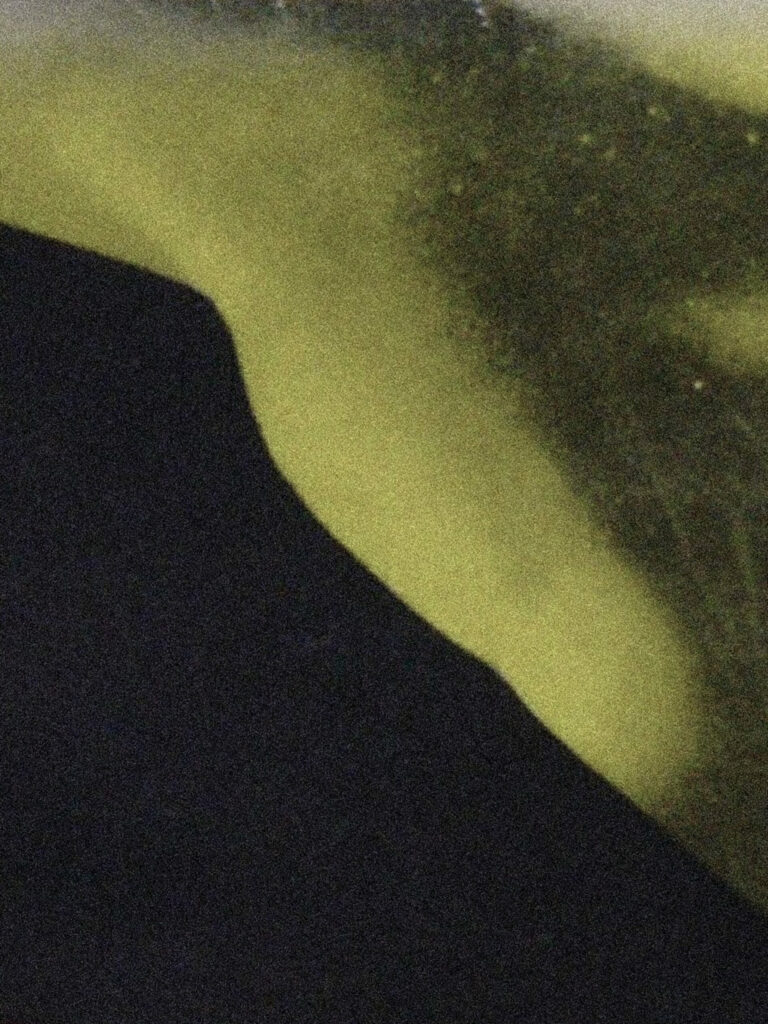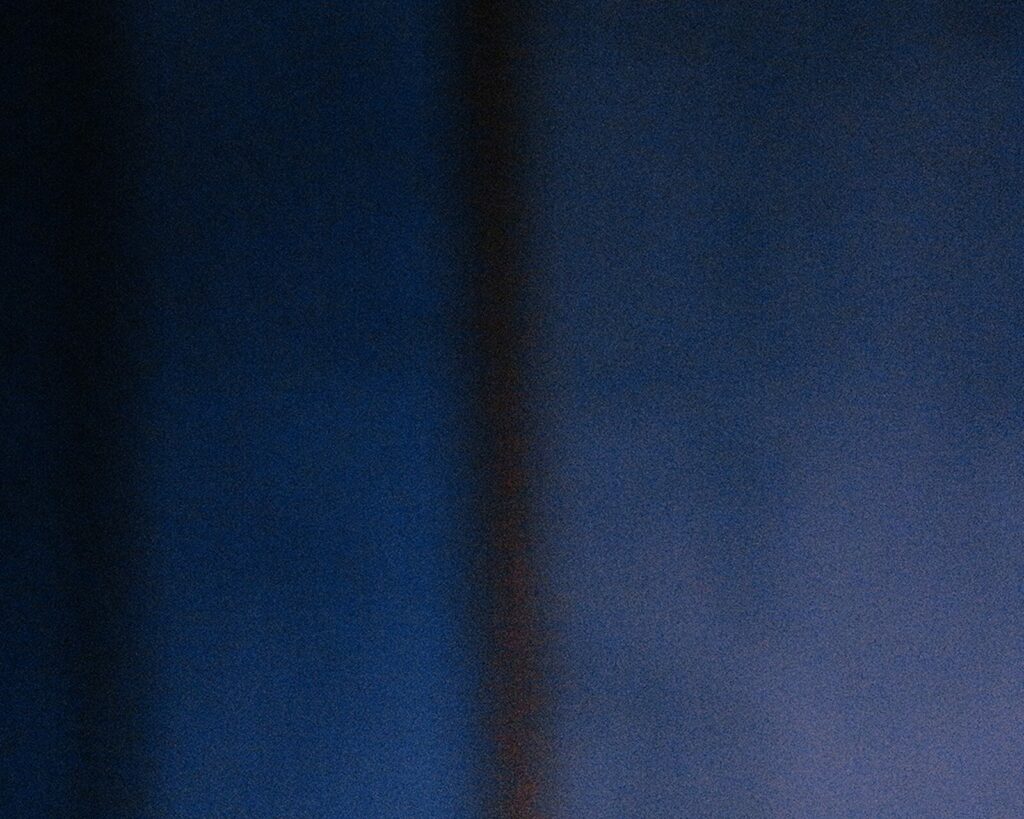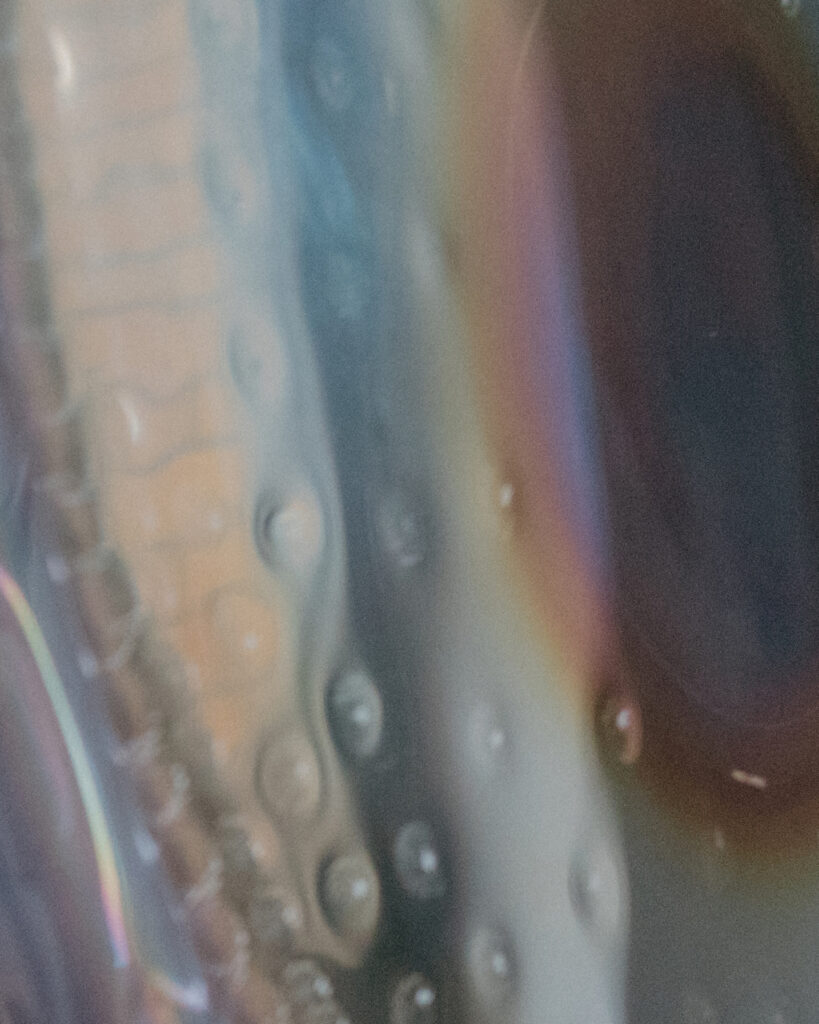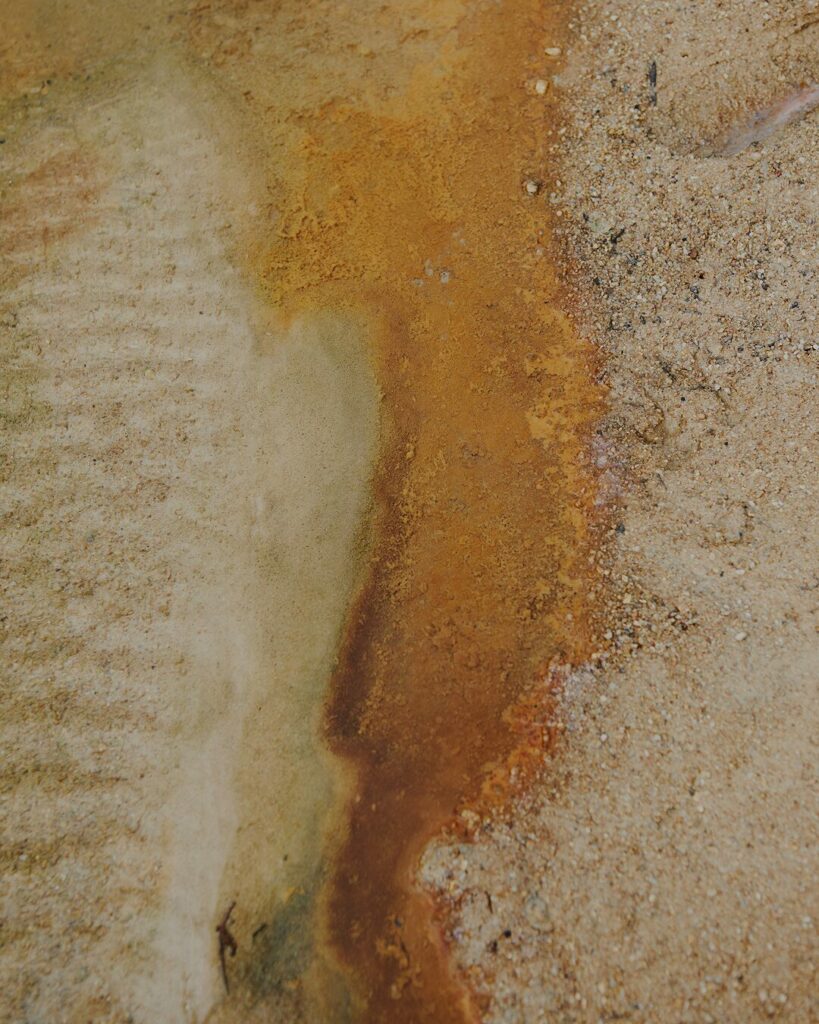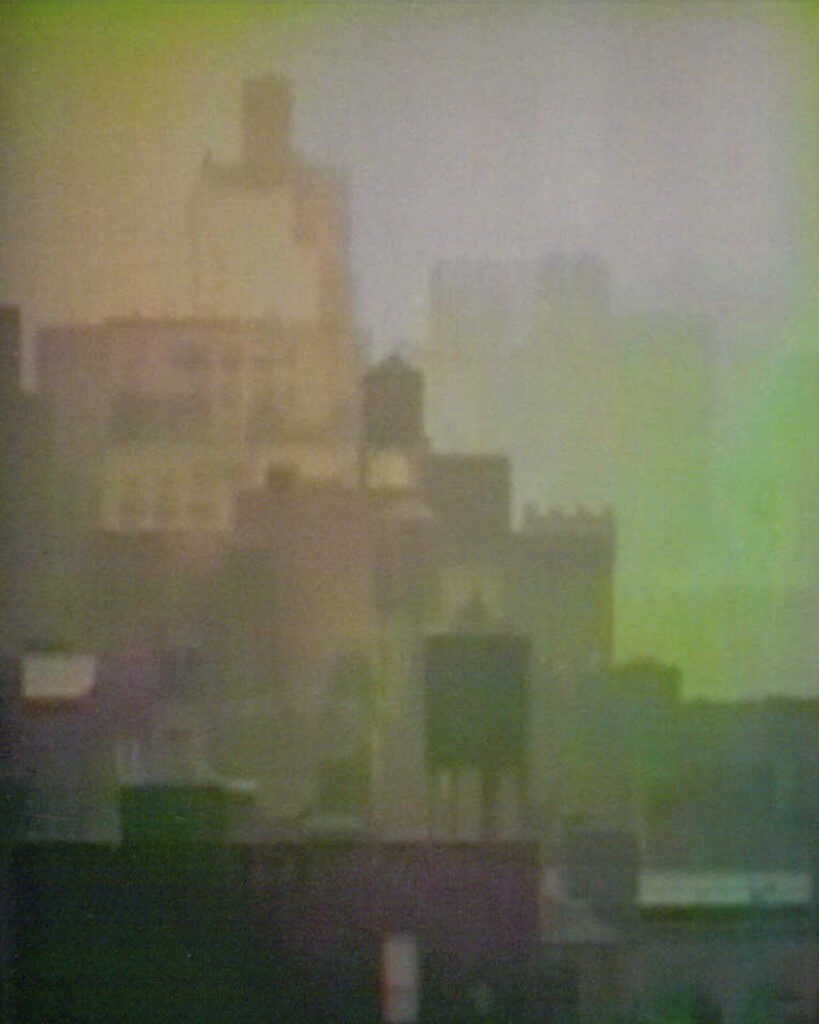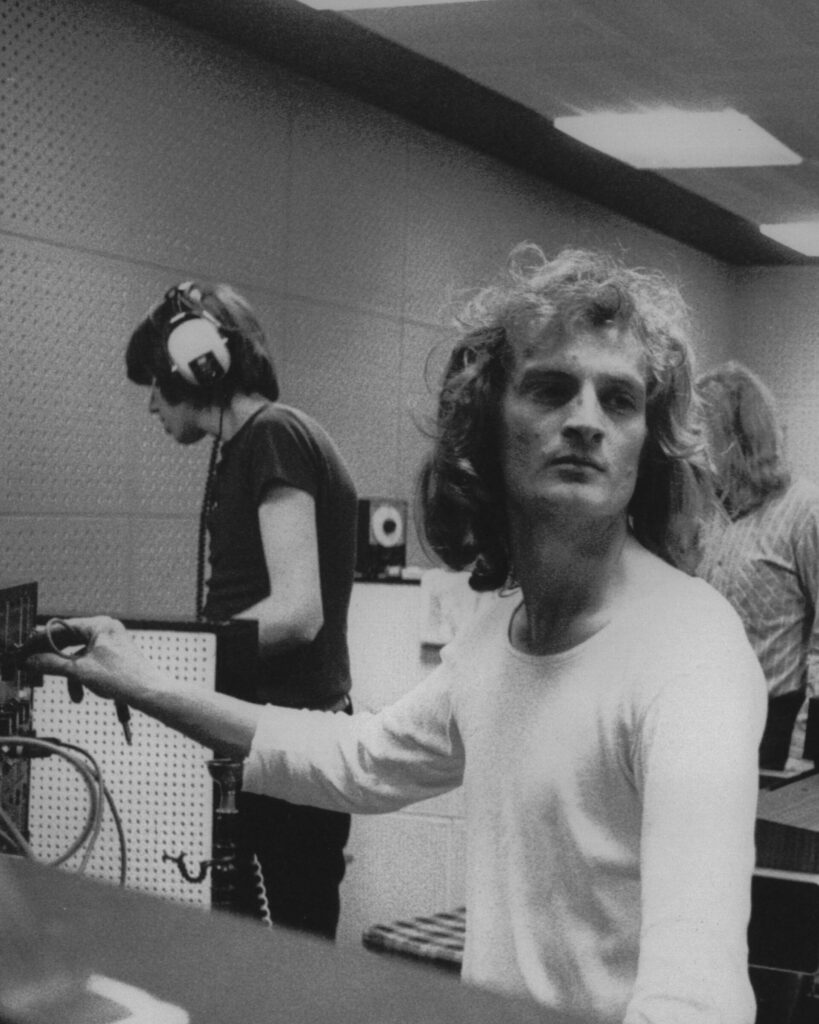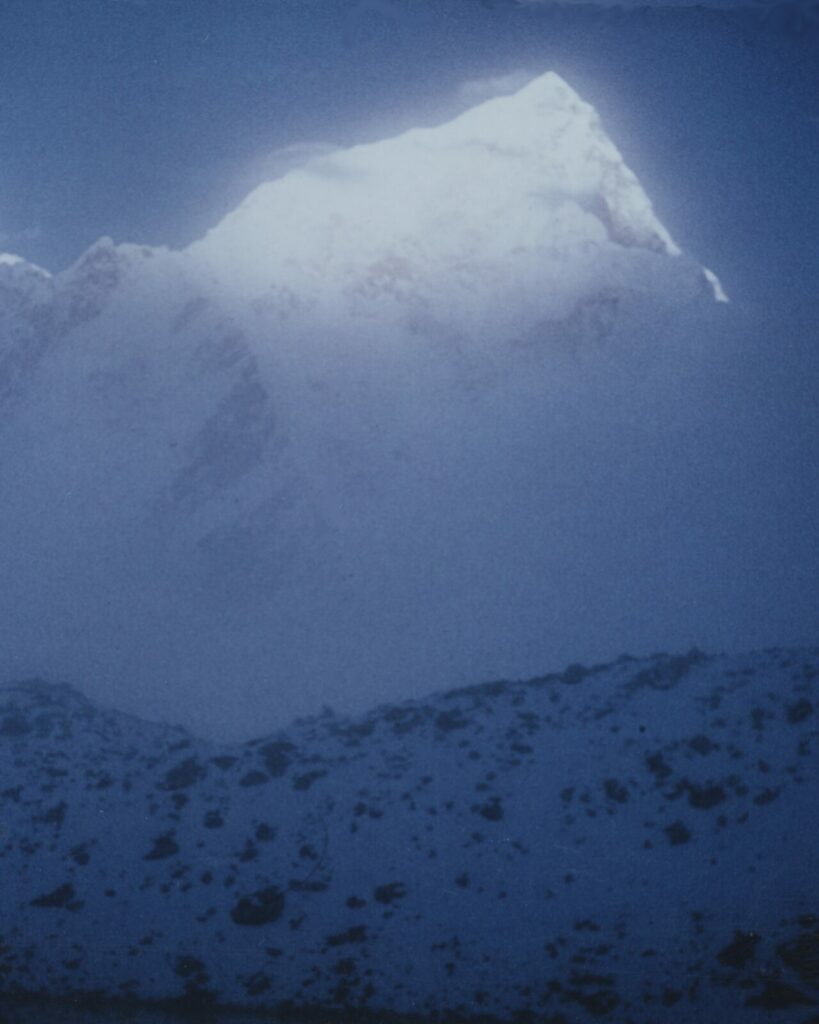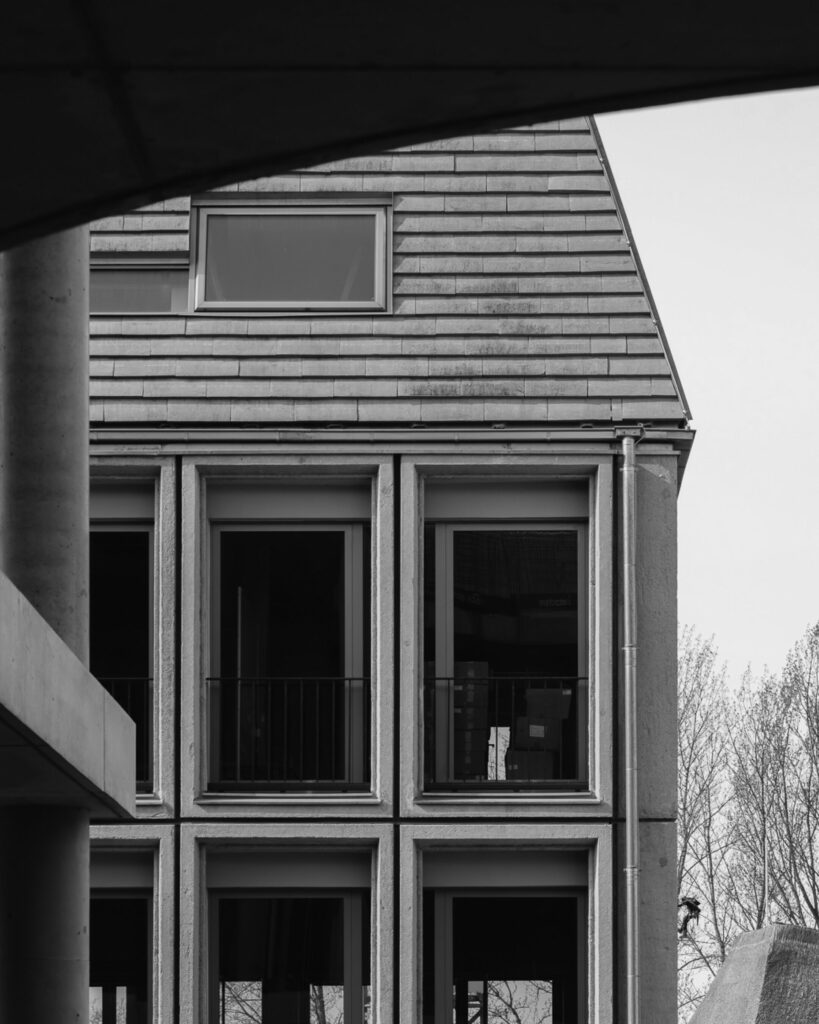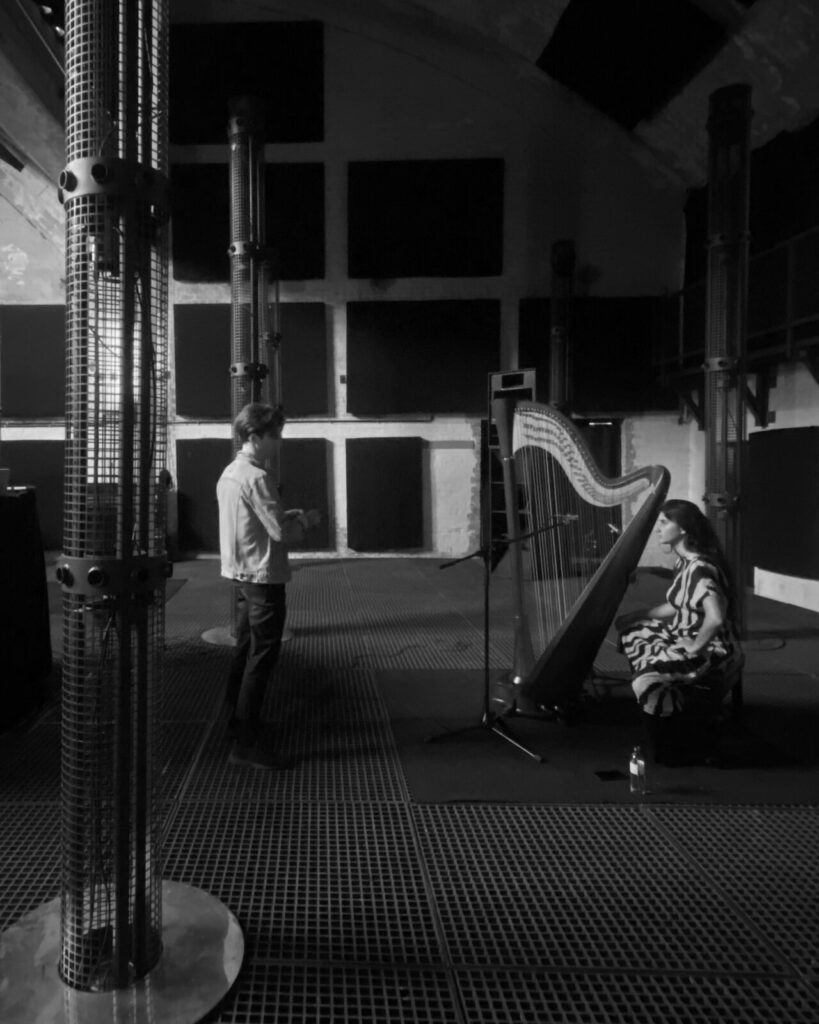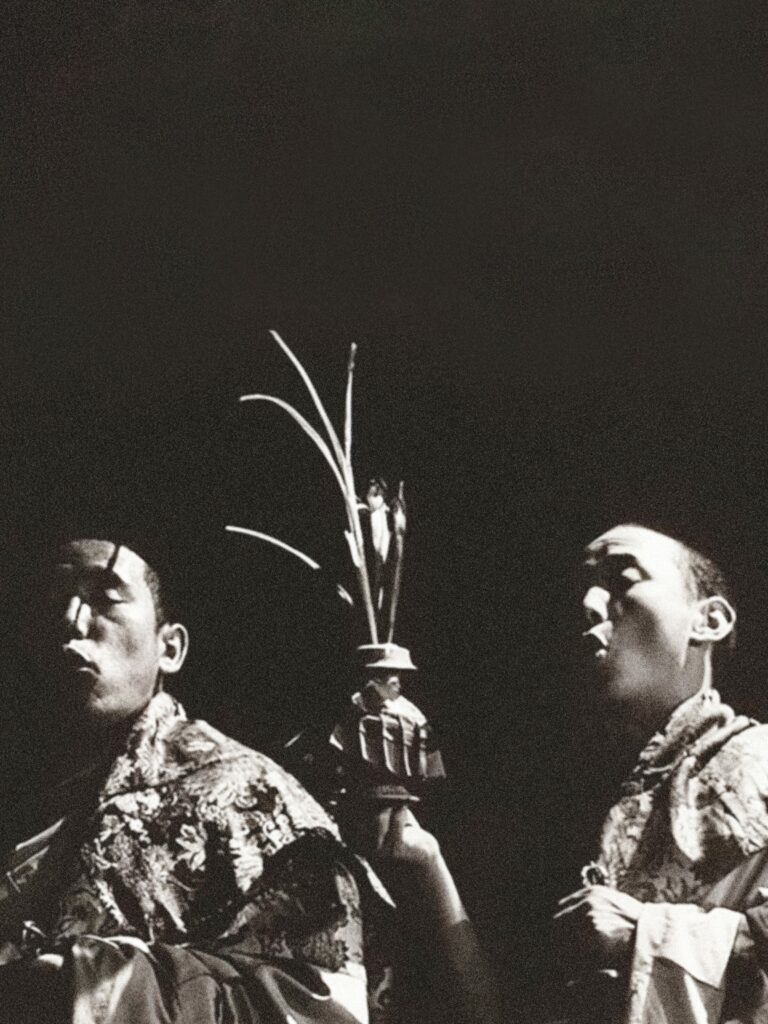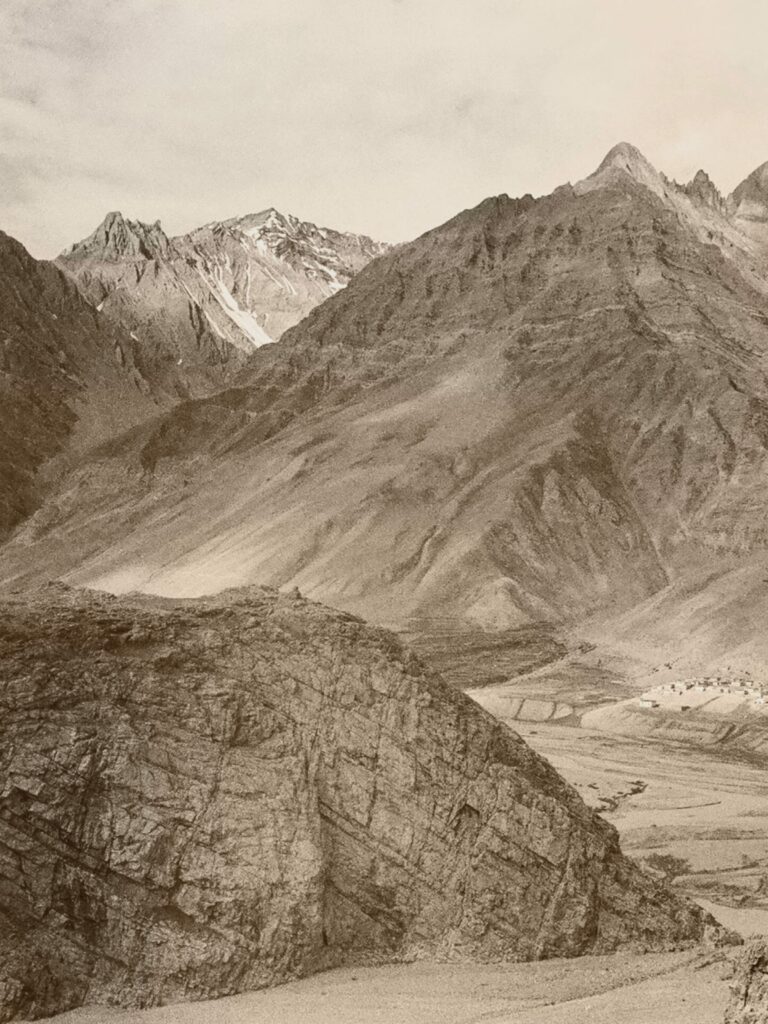“They will rattle your bones”, Mickey Hart said about the Gyuto Monks Tibetan Tantric Choir. No small praise coming from the drummer of the Grateful Dead. To launch our 2024 program at the Reethaus, Soundwalk Collective presents Hart’s 1986 recording of the choir, part of the Gyuto Order originating in Tibet in the 15th century.
Their chanting was never heard outside the context of their temples until after the Chinese annexation of Tibet in 1959, when the order fled to India. At that point, their prayers became political, expressive of the Tibetan resistance, and a spiritual rallying cry for repressed peoples. “Close your eyes, leave behind your prejudices,” Hart said, “After an hour of their sound, you’ll be different, cleaner, lighter.”
In 1985, the Gyuto Monks Tantric Choir came to the attention of the Grateful Dead’s Mickey Hart, who brought them to his California studio to record the incredible multiphonics of their sacred rituals. The monks gave Hart permission to overdub their voices, achieving the huge sound of the 100-voice choir as one might hear at their mountain monastery – with each monk’s voice singing a complete, extraordinary chord.
Heard on January 21 over the 360-degree spatial sound system of the Reethaus, the tantric choir produces a rhythmic chewing sound at the lowest range of the human voice, interspersed with sounds from bells, drums, cymbals and horns. Melody is not the point here—nor even musicality—but rather the body’s physical response to the grating repetitions, and the spiritual strength that follows from becoming one with their movements.
“The chanting heard on this recording is prayer, not performance,” the original record sleeve reads. ”Whenever this recording is played its prayers are effectively said anew — though their power depends less upon mechanistic reproduction than on the degree of attention and compassion with which you, the listener, join in the experience.”
